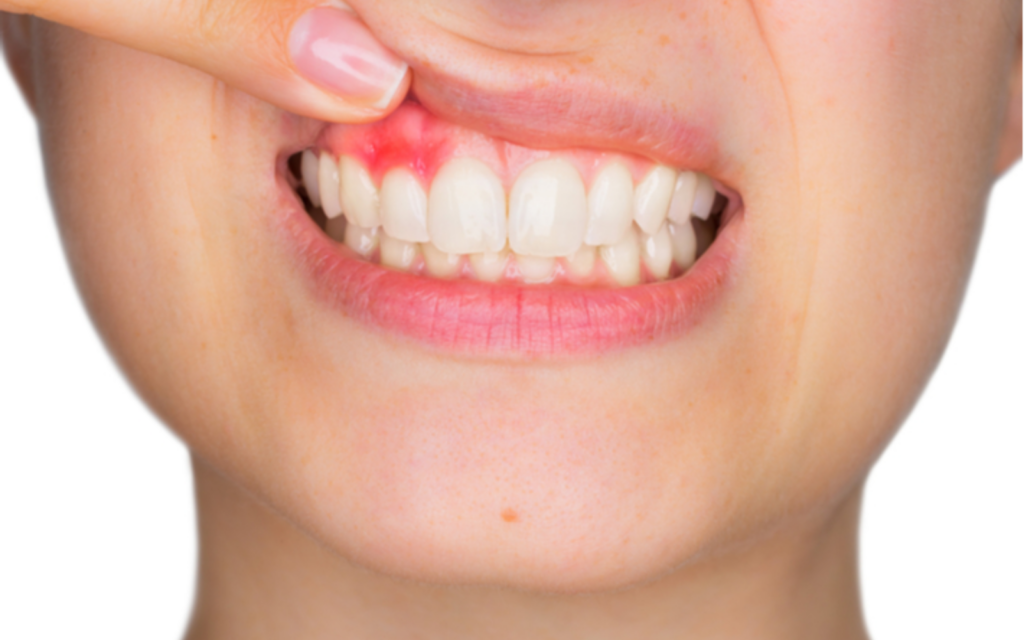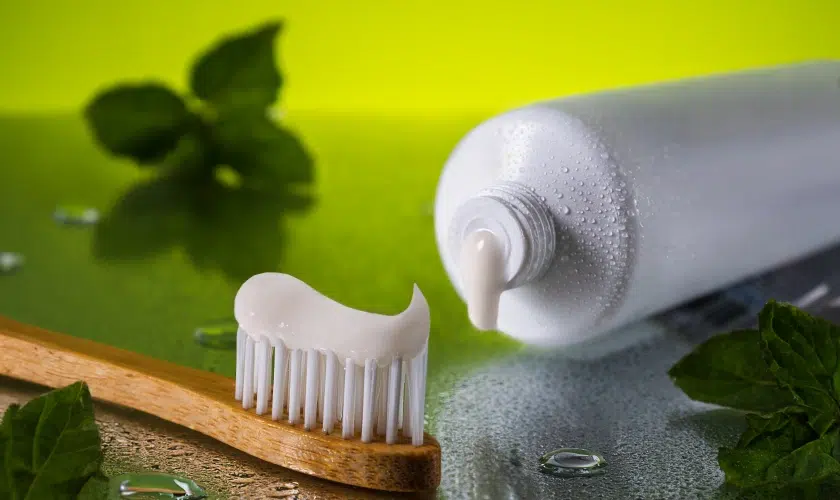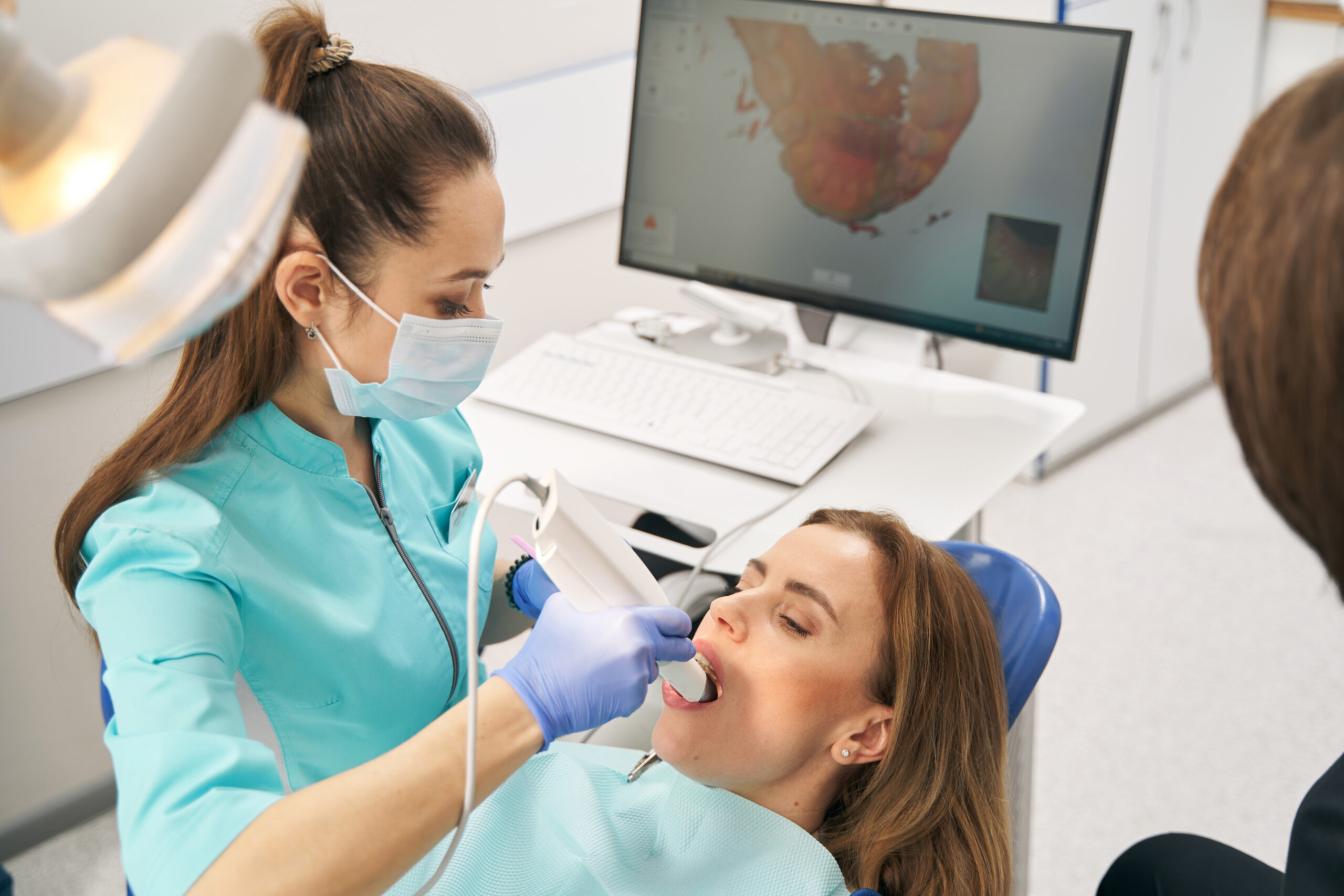How to Get Rid of Bad Breath from Gum Disease: A Comprehensive Guide

Bad breath, scientifically known as halitosis, can be a troubling issue for many people, especially when it stems from gum disease. Gum disease, also called periodontal disease, is a common condition that affects the gums and can lead to serious oral health problems if left untreated. One of the most noticeable symptoms of gum disease is persistent bad breath, which can be embarrassing and socially isolating.
In this comprehensive guide, we will explore the causes of bad breath related to gum disease, effective treatments, preventive measures, and lifestyle changes you can adopt to maintain fresh breath and improve your oral health.
Understanding Gum Disease and Bad Breath
Gum disease starts with bacterial growth in your mouth, primarily due to poor oral hygiene. Plaque, a sticky film of bacteria, constantly forms on your teeth. If not removed through brushing and flossing, it hardens into tartar, leading to inflammation of the gums (gingivitis). When gingivitis progresses, it can advance to periodontitis, where the inner layer of the gum and bone pull away from the teeth and form pockets that collect debris and bacteria.
The bacteria in these pockets emit foul-smelling gases, causing bad breath. Moreover, the presence of gum disease exacerbates the accumulation of food particles and bacteria between teeth and along the gum line, contributing further to halitosis.
Symptoms of Gum Disease-Related Bad Breath
Identifying the signs of gum disease-related bad breath early can help in prompt treatment and prevention of further complications. Common symptoms include:
- Persistent bad breath: Despite regular brushing and mouthwash use, bad breath persists.
- Red or swollen gums: Inflammation and tenderness of the gums are early signs of gum disease.
- Bleeding gums: Especially when brushing or flossing.
- Receding gums: Gums are pulling away from the teeth, making them look longer.
- Pus between teeth and gums: A sign of infection.
- Loose teeth: Resulting from bone loss due to advanced gum disease.
If you notice any of these symptoms, it’s crucial to consult with a dentist promptly to prevent further progression of gum disease and to address bad breath effectively.

Effective Treatments for Bad Breath from Gum Disease
Treating bad breath caused by gum disease involves addressing the underlying gum disease itself. Here are some effective treatments that your dentist may recommend:
1. Professional Dental Cleaning (Scaling and Root Planing)
Scaling and root planing are deep cleaning procedures performed by a dentist or dental hygienist. Scaling removes plaque and tartar from the tooth surfaces and beneath the gum line, while root planing smooths the root surfaces to help the gums reattach to the teeth. This procedure reduces the pockets where bacteria can accumulate and cause bad breath.
2. Antibacterial Mouthwash
Your dentist may prescribe an antibacterial mouthwash to help reduce bacteria in your mouth and improve breath odor. These mouthwashes can reach areas that toothbrushes and floss cannot, making them an effective adjunct to oral hygiene practices.
3. Antibiotic Treatment
In cases of advanced gum disease or persistent infection, your dentist may prescribe antibiotics to eliminate bacteria causing bad breath and to help reduce inflammation in the gums.
4. Improved Oral Hygiene Routine
Maintaining a strict oral hygiene routine is crucial for managing gum disease and bad breath. This includes:
- Brushing: Brush your teeth at least twice a day with fluoride toothpaste.
- Flossing: Clean between your teeth daily to remove food particles and plaque.
- Using an interdental cleaner: Such as dental picks or water flossers, to clean hard-to-reach areas.
5. Lifestyle Changes
Certain lifestyle habits can exacerbate gum disease and contribute to bad breath. Making these changes can improve your oral and overall health:
- Quit smoking: Smoking weakens your immune system and makes it harder for your gums to heal.
- Healthy diet: Eat a balanced diet rich in fruits and vegetables and low in sugar to support gum health.
- Drink water: Stay hydrated to maintain saliva production, which helps rinse away food particles and bacteria.
6. Regular Dental Check-ups
Regular visits to your dentist for professional cleanings and exams are essential for preventing gum disease and catching any issues early. Your dentist can detect signs of gum disease before it causes significant damage and recommend appropriate treatments.
Preventing Bad Breath from Gum Disease
Prevention is always better than cure when it comes to gum disease and bad breath. Here are some tips to help prevent gum disease and maintain fresh breath:
- Brush and floss regularly: Clean your teeth thoroughly at least twice a day.
- Use mouthwash: Rinse with an antibacterial mouthwash to help reduce bacteria.
- Quit smoking: Smoking weakens your immune system and increases the risk of gum disease.
- Visit your dentist: Schedule regular dental check-ups and cleanings to detect early signs of gum disease.
- Maintain a healthy diet: Eat a balanced diet and limit sugary snacks and beverages.
Dealing with bad breath caused by gum disease requires a comprehensive approach that includes professional treatment, improved oral hygiene practices, and lifestyle changes. By addressing gum disease promptly and adopting preventive measures, you can enjoy fresher breath and better oral health.
If you’re experiencing persistent bad breath despite good oral hygiene habits, consult with a dentist in Tustin, CA, for personalized advice and treatment options. Taking proactive steps today can help prevent gum disease-related complications and promote a healthier smile tomorrow.



